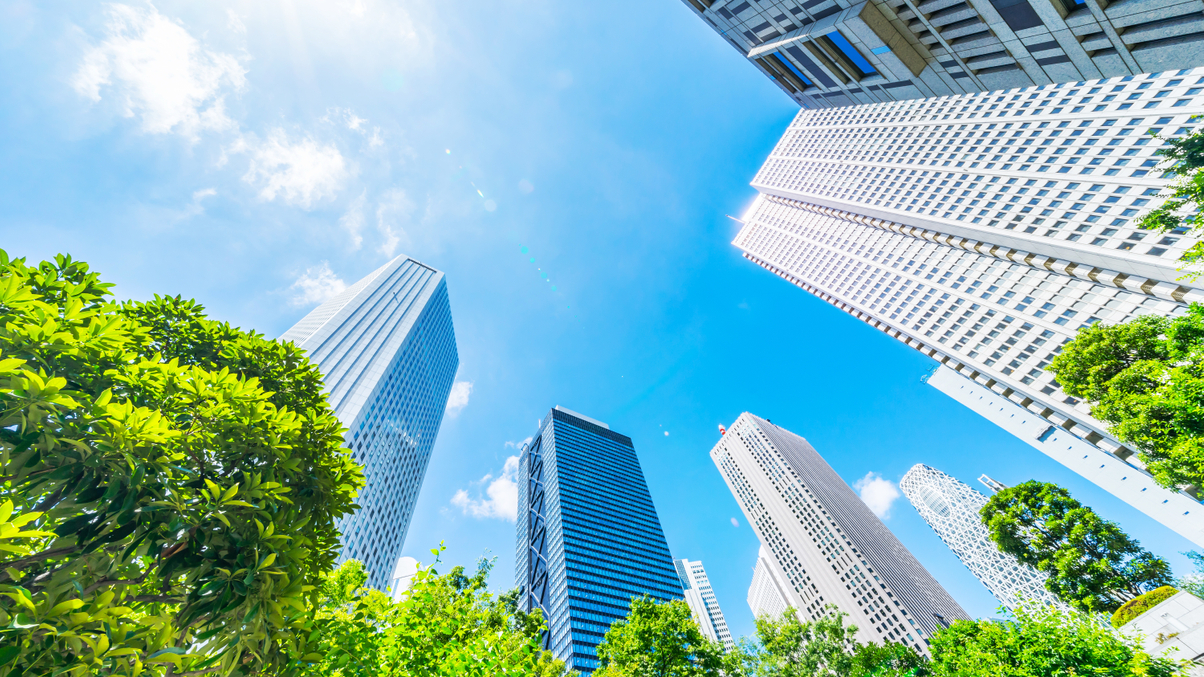Social reporting weak in Asian property investment
The social impact of buildings remains elusive, particularly in Asia, as investors attempt to make the assessment of 'S' in ESG more systemic.

One of the world’s largest real estate investors says accurate information about buildings’ social impact continues to be elusive, a position echoed by the region's leading independent ESG (environmental, social and governance) monitoring organisation, which has emphasised the obstacles of monitoring building’s social impacts in Asia.
Sign in to read on!
Registered users get 2 free articles in 30 days.
Subscribers have full unlimited access to AsianInvestor
Not signed up? New users get 2 free articles per month, plus a 7-day unlimited free trial.
¬ Haymarket Media Limited. All rights reserved.


